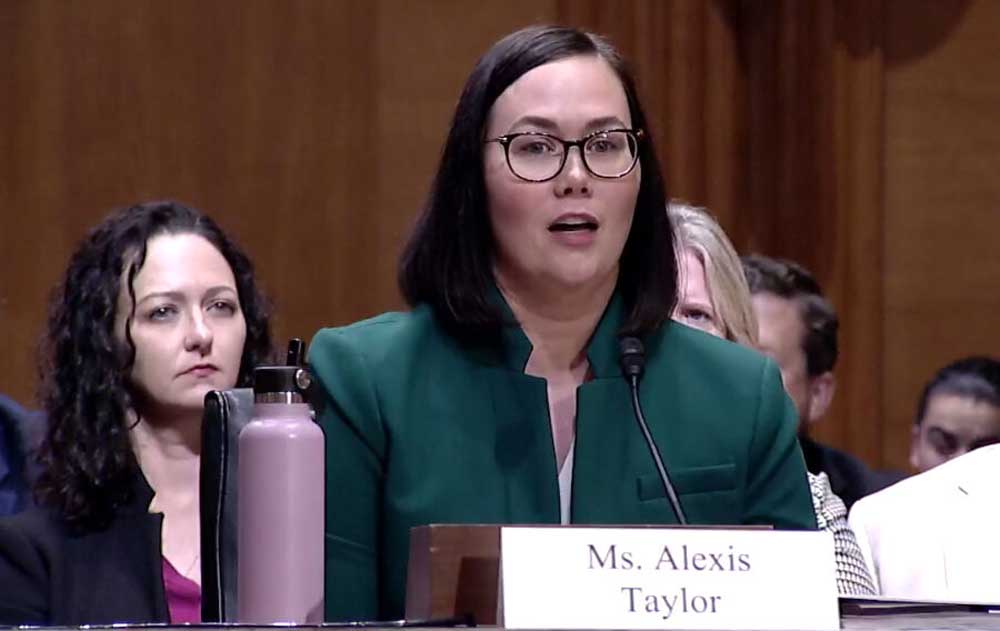Alexis Taylor: Collective effort needed to address climate change, food security
Published 1:00 pm Monday, October 16, 2023

- Alexis Taylor, former director of the Oregon Department of Agriculture and nominee for USDA’s top agricultural trade role. The full U.S. Senate confirmed Taylor for her new position on Dec. 21.
One of Alexis Taylor’s priorities when she became USDA under secretary for trade and foreign agricultural affairs was rebuilding confidence and trust within the global trading system for U.S. producers and the global agricultural community.
In the dual challenge of climate change and food security, trading partners need to be able to work together, she said.
There have been moves for more protectionism in agricultural trade, and that is something USDA is working on bilaterally with countries and multilaterally through some institutions — such as the World Trade Organization, the G-7 and the G-20, she said in the latest “Dairy Defined” podcast.
That involves talking about the collective benefit of agricultural trade through science-based, transparent rules to deal with a changing climate and the increased food insecurity globally, she said.
Trade benefits
Broadly, U.S. agriculture has benefitted from a rules-based, science-based global trading system, she said.
About 20% of U.S. farm income across the board comes from agricultural trade. However, that benefit hasn’t been felt equally by the various sectors, she said.
“So how do we make sure that those producers from the diverse cross-section of agriculture that we have in the United States … can feel those benefits and their communities can feel the benefits that trade can really provide?” she said.
One way is focusing on enforcement of existing trade agreements, she said.
“Trade agreements are just words on paper unless you are committed to ensure your trading partners are living up to those agreements that were made to your farmers, your ranchers, your food processors,” she said.
In an important enforcement action for the dairy industry, USDA has asked for a second dispute panel on Canada’s restrictions on market access for U.S. dairy products, she said.
A first dispute panel in January 2022 agreed with the U.S. that Canada is breaching its commitments under the U.S.-Mexico-Canada Agreement by reserving the majority of its tariff rate quotas exclusively for Canadian processors that have little incentive to import U.S. dairy products.
A tariff rate quota applies a preferential rate to a predetermined quantity of imports. Any imports above that quantity are subject to significantly higher tariffs.
Canada issued a new TRQ proposal in March 2022 in response to the panel’s finding, but it included only inconsequential changes.
“We have requested a second dispute settlement process earlier this year and we’re awaiting the panel report, and we’re expecting that very soon,” she said.
“We’re fully confident in our case that we brought before the panel in that there are needed changes to how they’ve done that TRQ allocation based upon what they agreed to in the USMCA,” she said.
“We worked really hard to secure that access in the trade agreement and now it’s … our job to ensure that that access is actually granted in the way that it was envisioned for our industry,” she said.
The other way is to work with the various industry partners, such as the dairy industry to identify priority markets and barriers to those markets and use the government’s expertise to knock down those barriers, she said.






